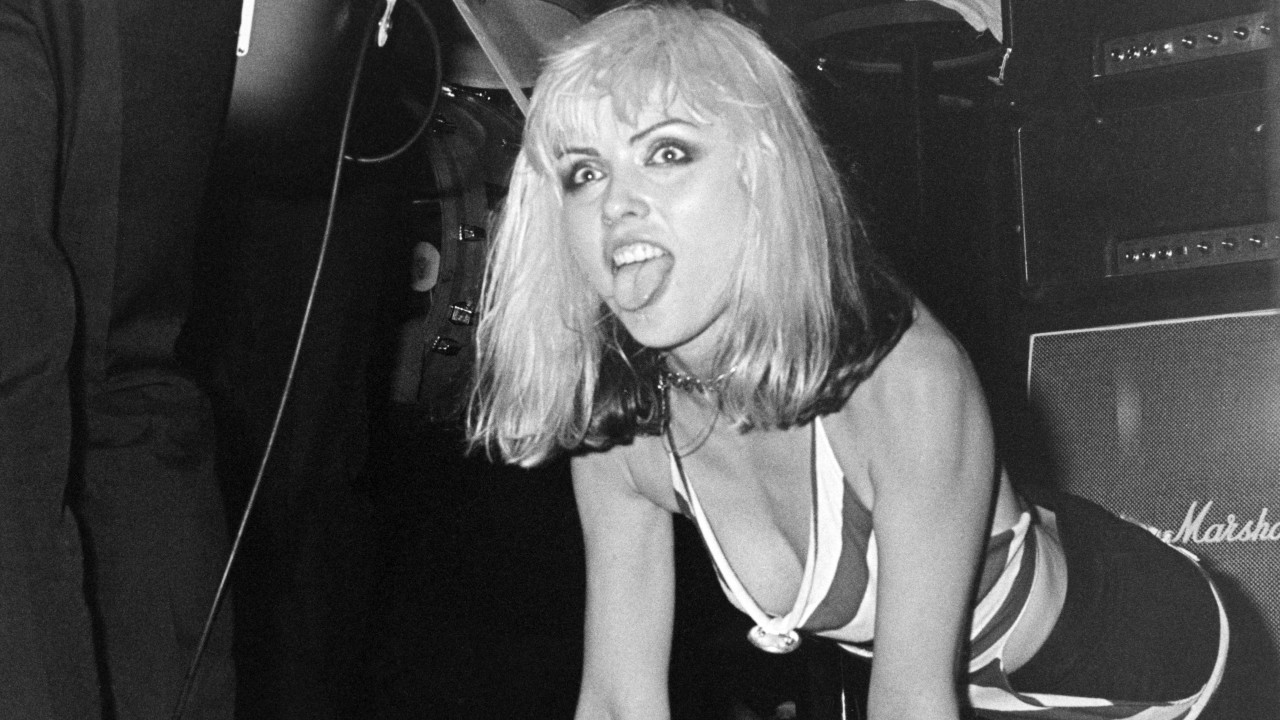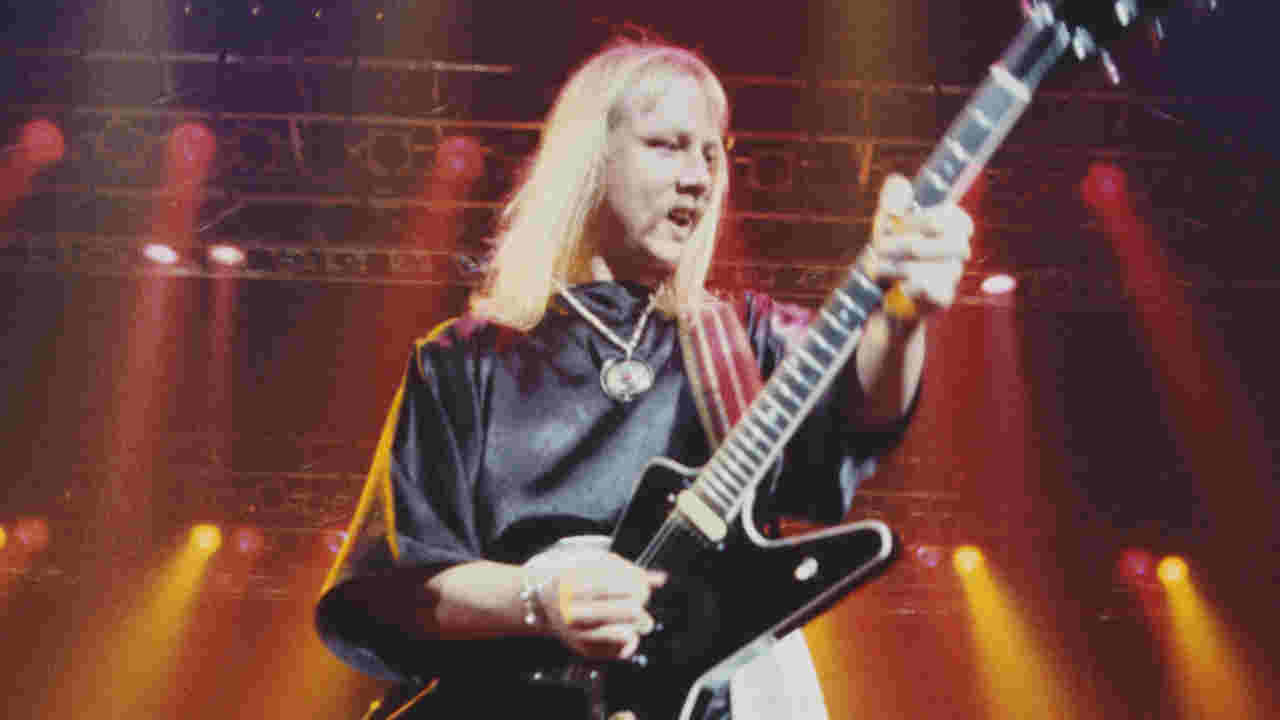Why Debbie Harry is a Total Bad-Ass
Our tribute to the legendary Debbie Harry

For people who grew up in the 1980s, Debbie Harry was the charismatic and, frankly, gorgeous frontwoman of New York City legends, Blondie, and sometime solo singer. For most people growing up in the 1990s and later, she’s a known but under-appreciated entity, sometimes dismissed merely as yesteryear’s sexy pop star.
The truth of the matter – and as everyone who loved rock ‘n’ roll in the 1970s already knows – Debbie Harry is a fearless fucking badass. Here are five reasons why...
The CBGB Years
Infamous NYC live venue and bar, CBGB, was arguably the birthplace of punk rock in the United States. This seedy Lower East Side dive was situated in what was then a gritty, dangerous neighbourhood, and gave multiple great bands their break, including the likes of The Ramones, Talking Heads, Patti Smith, Television and The Dead Boys.
At this time, in the mid- to late-1970s, Debbie Harry was showing up to this shithole to perform, in a variety of provocative outfits, unconcerned about sexual harassment, judgement, or the fact that she was one of the only females in what was overwhelmingly a boys club. Girl didn’t give a fuck.
Taking Hip-Hop to the mainstream
In 1981, Blondie released Rapture. And Debbie Harry rapped in the middle of it. Hard to understand the significance of that now, but, at the time, rap was an underground venture that white people simply either didn’t know about, or didn’t want to because it was a “black thing”.
Rapture was literally the first time rapping had been incorporated into a pop song, and it was one of the first times rapping had been used in an original song (as opposed to the raps taking place over sampled beats and hooks from other artists’ songs, as was the norm at the time).
By rapping, alongside hip-hop legend, Fab 5 Freddy, in a Blondie song – albeit poorly – Harry took the genre to a much wider audience. Legend has it that for several members of Wu Tang Clan, Rapture was the first time they’d heard rapping at all. Regardless, Debbie Harry’s endorsement had a huge impact.
Sign up below to get the latest from Classic Rock, plus exclusive special offers, direct to your inbox!
She escaped a serial killer
One night in the early 1970s, while wandering the streets of New York in the early hours of the morning, Debbie Harry couldn’t find a cab. A charming guy in a passing car repeatedly offered to give her a ride and in the end, it seemed like the easier option, so she climbed in.
Once she noticed that the inside of the vehicle had been stripped bare and had no door handles, she realized she was in a bad situation, reached out of a slim crack in the passenger-side window, opened the door from the outside, threw herself from the moving car and ran. She later recognised the driver as Ted Bundy: rapist and murderer of at least 30 females.
She changed the way the mainstream viewed female singers
In the 1970s, second wave feminism was in full swing and changing the way the world viewed women. The second wave movement had Gloria Steinhem – a stereotype-busting beauty with articulate demands aplenty – for a figurehead. Music had Debbie Harry: an incredibly attractive woman that refused to fit into “dumb blonde” stereotypes and was always in complete control – both on stage and off.
Last year, she told the The Sunday Times’ Style magazine: “I was dead sick and tired of all of these songs by the R&B girls, the trios and stuff. They were all victimised by love. I was sick of it. I didn’t want to portray myself or women as victims… I had a stubbornness and an independence and that came across.”
Indeed, even by calling her band “Blondie”, she both predicted and prevented catcalls of a similar nature being hurled at her while she was performing – a method employed decades later by riot grrrls who would scrawl female-specific insults on themselves before performances.
She's still cool and still looking forward
Debbie Harry never actually stopped being cool. She’s still roaming the streets of New York, going to cool art shows and gigs for inspiration, and working hard not to become a has-been.
Three years ago, in an interview with NY Magazine, Harry stated: “The last thing I ever want to be is an oldies act, running through those same songs beat for beat. We [Blondie] play the songs people want to hear, but we’re into the future.”
